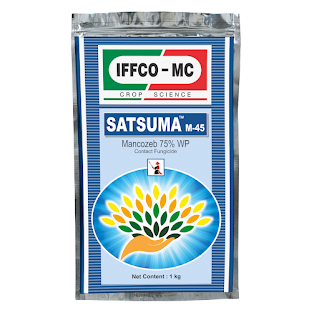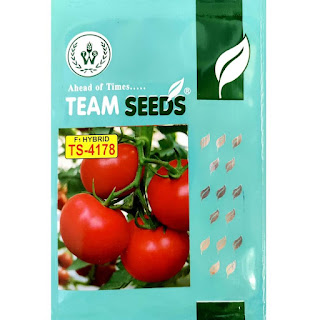Five Sustainable Farming Practices to Improve Crop Yield and Soil Health

Did you know that traditional agriculture practices are responsible for approximately 24% of global greenhouse gas emissions, according to the Food and Agriculture Organization (FAO)? The staggering statistic represents great potential for mitigating emissions by adopting sustainable farming practices. Here are five of the best sustainable farming practices that can help improve crop yield as well as soil health. Crop Rotation Converse to monoculture, crop rotation is the practice of growing different types of crops every season, which has many benefits to offer in regard to sustainability. Examples of crop rotation can include growing wheat after barley, cereals after legumes, and so on. This method can help reduce the likelihood of pest infestation as well. Additionally, crop rotation reduces the need to use pesticides and chemical fertilizers to promote crop yield or soil health. Aquaponics Aquaponics is a sustainable farming practice in which fish and crops are raised togeth...





